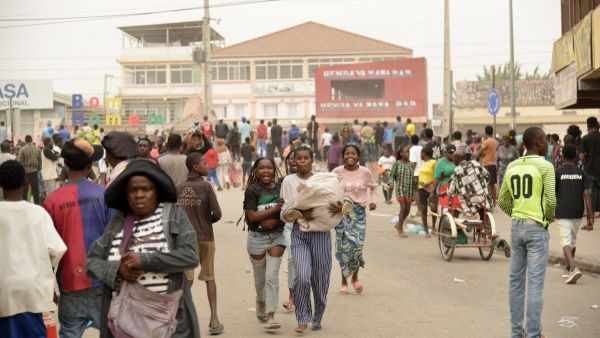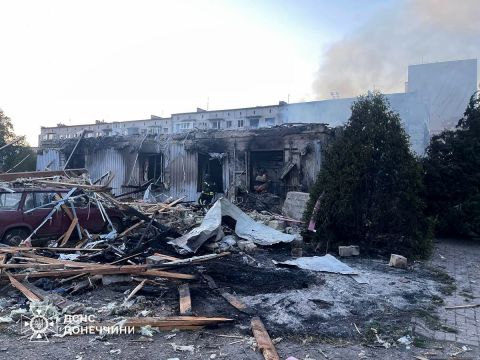ALBAWABA- At least 22 people have been killed and 200 injured in violent protests over a recent fuel price hike in Angola, Interior Minister Manuel Homem announced on Wednesday, according to the state-run Angop news agency. Among the dead was a police officer.
The unrest began Monday in the capital, Luanda, and quickly spread to at least six other provinces, prompting the government to deploy the army to restore order.
Authorities reported widespread rioting, looting of shops, and destruction of vehicles, with President João Lourenço’s office warning of a "climate of widespread insecurity."
The protests were triggered by a government decision earlier this month to cut fuel subsidies and raise diesel prices by more than 30%.
In response, taxi and minibus associations. essential public transport providers in Angola, hiked fares by 50% and launched a three-day strike starting Monday, which coincided with the outbreak of violence.
Police have arrested 1,214 people for alleged involvement in rioting, looting, and attacks on security forces. Police spokesperson Mateus Rodrigues condemned the violence, saying, “These acts cannot in any way be considered legitimate demonstrations.”
Human Rights Watch has accused Angolan security forces of using excessive force during earlier protests, including the unnecessary use of tear gas, rubber bullets, and physical assaults against peaceful demonstrators. The government has not provided details about how the 22 victims died.
This is not the first time Angola has faced deadly unrest over fuel prices. In 2023, similar subsidy cuts led to protests that also turned violent.
Critics have long accused the Angolan government, ruled by the MPLA since independence from Portugal in 1975, of suppressing dissent with heavy-handed tactics, despite growing frustration over the rising cost of living in the oil-rich nation.












